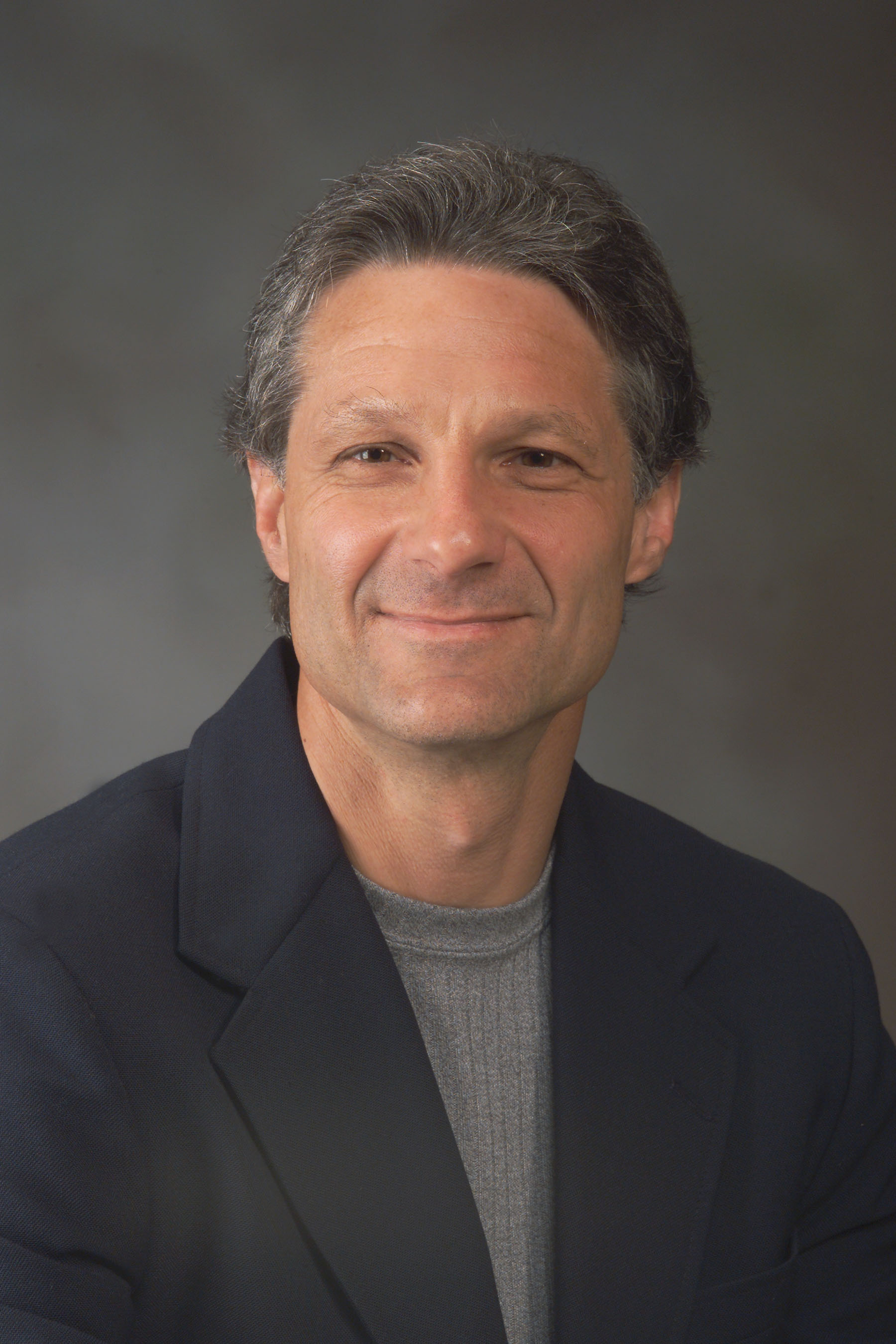Gregory Evanylo honored as Fellow in two scientific societies

Gregory Evanylo, Virginia Cooperative Extension specialist and a professor of crop and soil environmental sciences in the College of Agriculture and Life Sciences at Virginia Tech, was recently named a Fellow by both the American Society of Agronomy and the Soil Science Society of America.
The Fellow is the highest recognition bestowed by the ASA and SSSA. Members of each society nominate worthy colleagues based on their professional achievements and meritorious service.
Evanylo is internationally recognized for his Extension programming and applied research on composting, nutrient management, waste by-product application effects on soil and water quality, and reduction of runoff to the Chesapeake Bay watershed.
During his career, Evanylo has received many honors, including the Rufus Chaney Award from the U.S. Composting Council, the Mid-Atlantic Water Program Les Lanyon Leadership Award, the Virginia Department of Environmental Quality Certificate of Recognition, and the Virginia Tech Alumni Award for Excellence in Extension.
He has written 121 peer-reviewed research articles, book chapters, conference proceedings, and Extension publications. He provides leadership at the international, national, state, and local levels and has presented research results and Extension programs at national and international conferences and workshops.
In addition to ASA and SSSA, he is active with the Water Environment Federation and the U.S. Composting Council.
Evanylo received his bachelor's degree from the University of Connecticut, a master's degree from the University of Massachusetts, and a Ph.D. from the University of Georgia.
Dedicated to its motto, Ut Prosim (That I May Serve), Virginia Tech takes a hands-on, engaging approach to education, preparing scholars to be leaders in their fields and communities. As the commonwealth’s most comprehensive university and its leading research institution, Virginia Tech offers 240 undergraduate and graduate degree programs to more than 31,000 students and manages a research portfolio of $513 million. The university fulfills its land-grant mission of transforming knowledge to practice through technological leadership and by fueling economic growth and job creation locally, regionally, and across Virginia.



